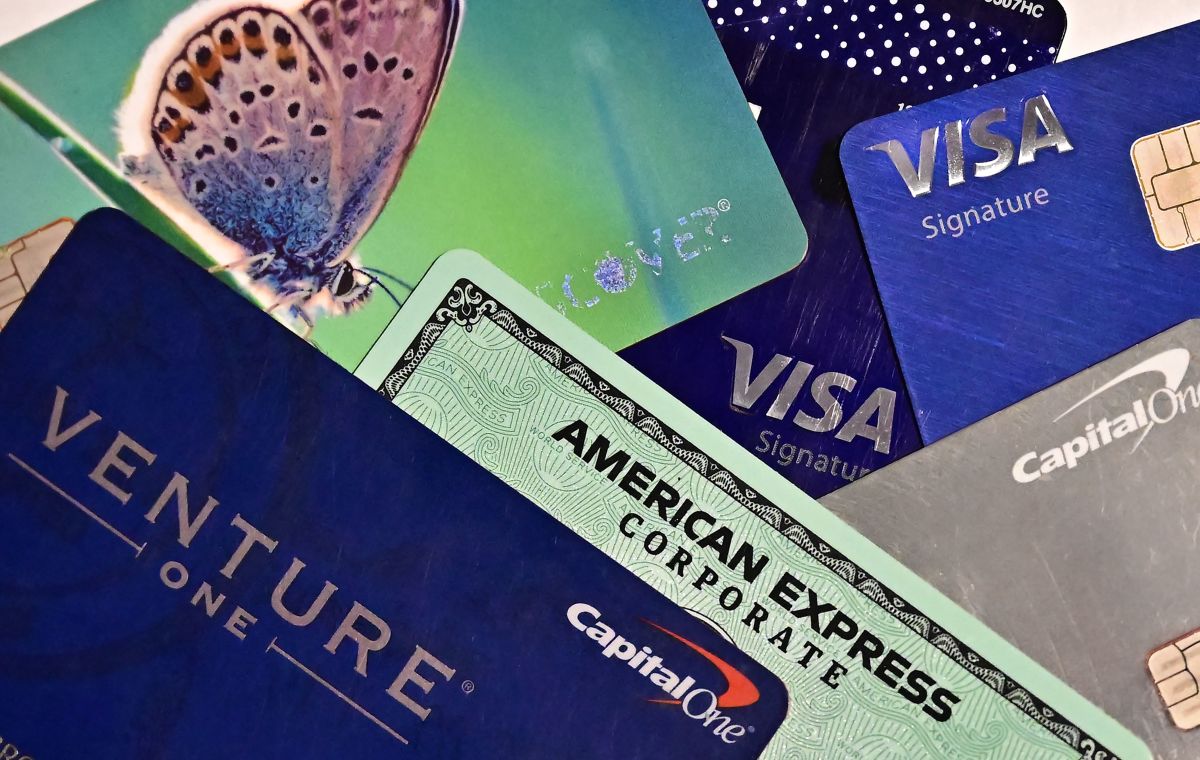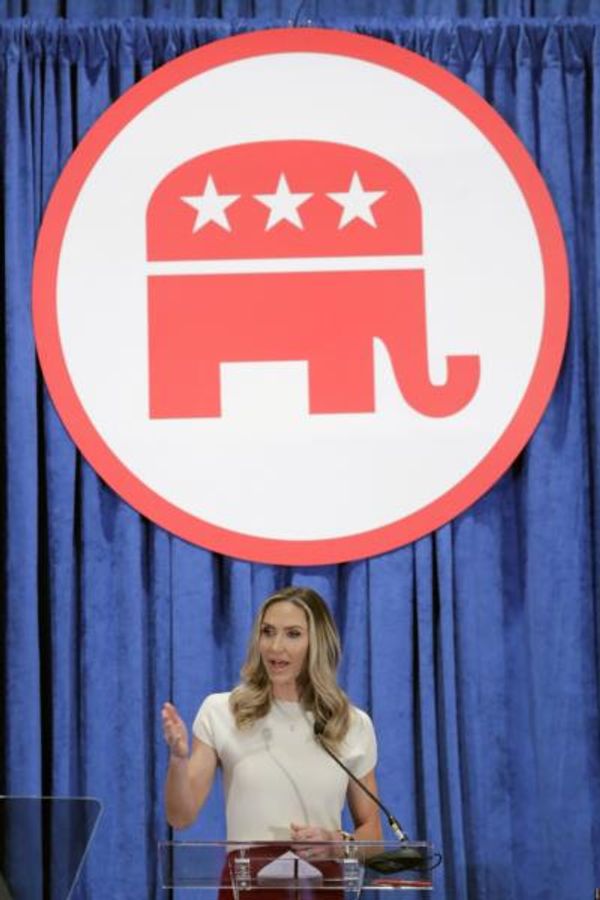
The US government on Tuesday announced a new rule that would would reduce the typical late fee for a credit card payment to $8, which is down from $32. According to the Consumer Financial Protection Bureau (CFPB), this would save an average of $220 annually for 45 million people, saving American families over $10 billion per year.
Related: Bus vs. train: Why one transportation method gets a bad rap
The CPFB's announcement said that the rule change cuts at "excessive credit card late fees by closing a loophole exploited by large card issuers."
“Today's rule ends the era of big credit card companies hiding behind the excuse of inflation when they hike fees on borrowers and boost their own bottom lines," CFPB Director Rohit Chopra said in the announcement.
In a separate call before the announcement, Chopra said called this rule as a part of the "junk fee era" and that it has entered many parts of the economy.
"We're just trying to make sure consumers and small businesses and workers are getting a fair shake wherever they go," Chopra said.
According to the CFPB, banks were able to take advantage of the CARD Act in 2010 which allowed banks to charge $25 for the first late payment and $35 for subsequent late payments, and then adjusting these numbers by inflation. The average fees have gone from $23 per month in 2010 to $32 in 2022.
Related: 'Buy Now, Pay Later' is more popular, and riskier, than ever
Unsurprisingly, the new rule has not been received well by the banks.
"The policy goals of the CFPB's credit card late fee rule are, at best, consumer redistribution, not protection," Consumer Bankers Association president Lindsey Johnson wrote on X (formerly Twitter). "The Bureau's also continuing its deeply problematic practice of prioritizing headlines at the expense of legal process—endangering consumers’ long-term financial health."
The policy goals of the CFPB's credit card late fee rule are, at best, consumer redistribution, not protection. The Bureau's also continuing its deeply problematic practice of prioritizing headlines at the expense of legal process—endangering consumers’ long-term financial health https://t.co/n2Km55se7B
— Lindsey Johnson (@LindseyJCBA) March 5, 2024
TheStreet reached out to Bank of America and JPMorgan & Chase for a statement, but they did not respond.
Related: Veteran fund manager picks favorite stocks for 2024







